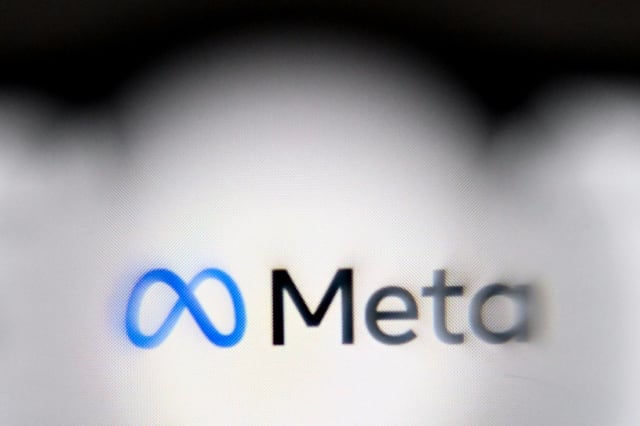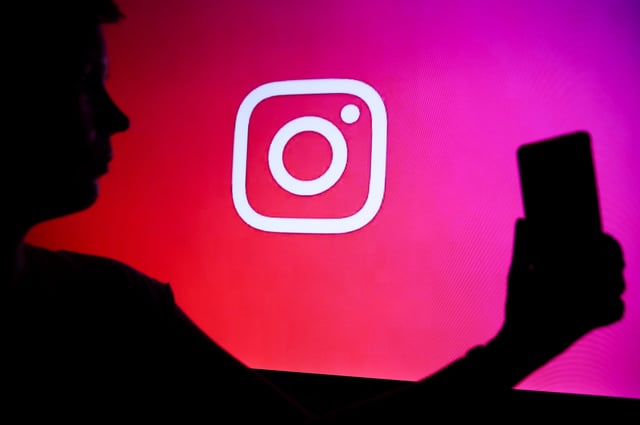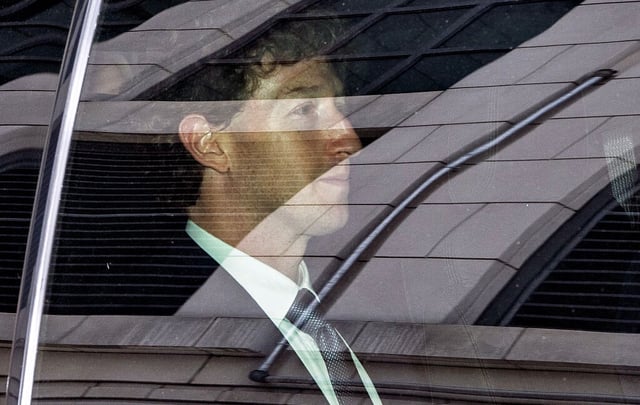Overview
- The FTC has concluded presenting its case, accusing Meta of monopolizing the personal social networking market through its acquisitions of Instagram and WhatsApp.
- Meta has filed a motion for judgment on the evidence, claiming the FTC did not meet the legal standard to prove an illegal monopoly existed.
- Meta contends that its apps face significant competition from platforms like TikTok and YouTube, challenging the FTC's narrow market definition of 'personal social networking services.'
- Internal documents revealed during the trial show concerns over Instagram's integrity, with an executive warning in 2018 about up to 40% 'fake engagement' on the platform.
- Judge James Boasberg is set to rule on Meta's motion before the trial proceeds, with potential remedies, including divestitures, if the FTC prevails.



